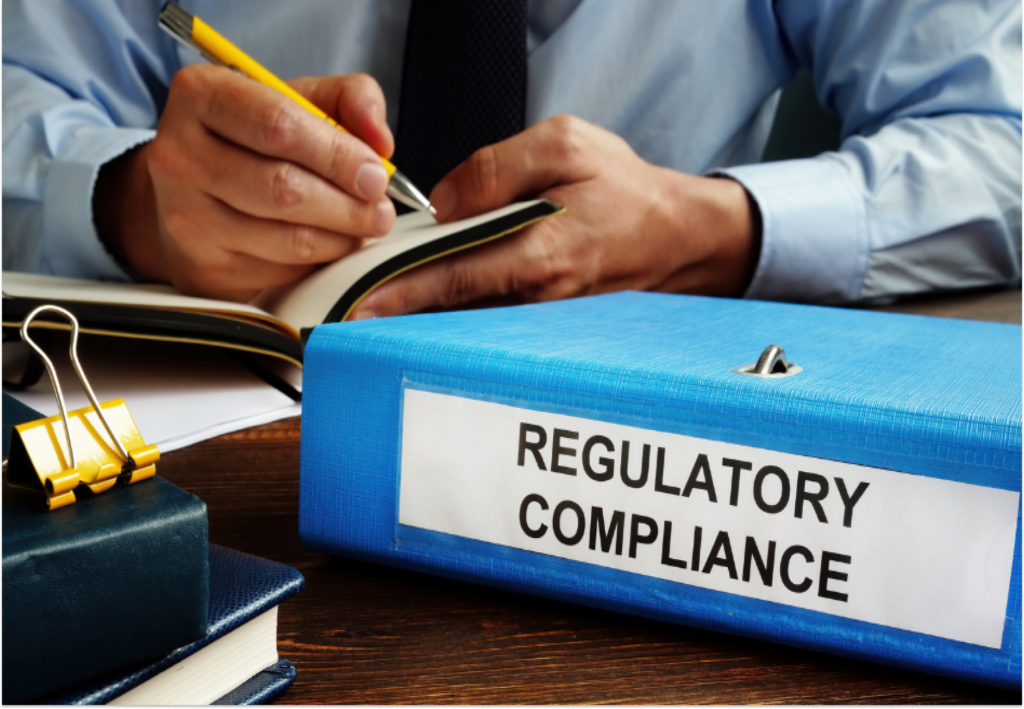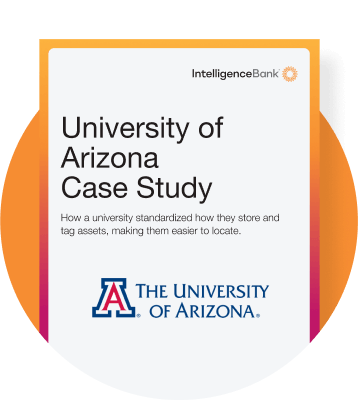The Australian Competition and Consumer Commission (ACCC) is pivotal in safeguarding the interests of Australians by fostering competition and protecting consumers. They closely monitor business practices, especially those that might adversely affect vulnerable groups.
Beyond its established long-term objectives, the ACCC frequently revisits its enforcement priorities based on evolving social, economic, and environmental factors. These updates guide businesses in aligning their practices with regulatory expectations, balancing broad compliance goals with areas of heightened concern.
In this post, we’ll explore the ACCC’s top current enforcement priorities and how they affect key industries. Most importantly, we’ll discuss how businesses can navigate these priorities to ensure compliance and avoid penalties.
What are the Current ACCC Enforcement Priorities?
Understanding the ACCC’s enforcement priorities is essential for compliance. The ACCC acts in the public’s interest, balancing the needs of both consumers and businesses. Its priorities are influenced by various factors that reflect current public concerns
Recently, the ACCC has focused on three significant areas:
- The transition to net zero
- Digital economy disruptions
- Rising cost-of-living pressures
The ACCC’s policies, including ongoing and new priorities, aim to educate businesses, detect scams, and enforce regulations. These efforts are designed to help businesses sharpen their compliance efforts, not just for today but for the future.
As well as this, the ACCC is continuing its charter to concentrate on conduct that has “significant public interest or concern,” particularly where it affects small businesses or vulnerable consumers. This focus is underpinned by values such as accountability, transparency, confidentiality, timeliness, proportionality, and fairness.
How do the ACCC’s Top Enforcement Priorities Impact My Industry?
The ACCC’s enforcement priorities vary across industries but often focus on three key areas: Environmental claims and sustainability, essential services, and the digital economy. Let’s break down each area:
Environmental Claims
In response to global trends, the ACCC has established a Sustainability Taskforce, which has been active in scrutinizing greenwashing claims across various industries, such as energy, household appliances, food and drink, and personal goods.
In 2023, the ACCC issued detailed guidelines on making environmental claims. Businesses must:
- Provide accurate, truthful information
- Avoid broad, unqualified statements
- Have substantial evidence to support their claims
- Clearly explain any conditions or qualifications
- Use straightforward, understandable language
These guidelines emphasize the importance of transparency in promoting sustainability. As part of its enforcement priorities, the ACCC will continue to focus on consumer protection, product safety, and fair trading concerning environmental claims.
In late 2023, the ACCC publicly acted on this focus for the first time. It accepted a court-enforceable undertaking from MOO Premium Foods after investigating its ‘ocean plastic’ claims. This indicated the seriousness of the ACCC’s anti-greenwashing policies and that realizing the full impact of net zero requires consumers to make an informed choice.
Essential Services
The ACCC classifies essential services as those critical to the daily lives of consumers and the functioning of the economy. These typically include: energy, telecommunications, water supply, supermarkets, grocery as well as financial and health services.
This sector is particularly important to the ACCC as it’s often where consumers have limited alternatives or where the service is fundamental to their wellbeing.
The ACCC’s priorities for essential services focus on:
- Competition and pricing concerns in the supermarket sector, especially regarding food and groceries
- Misleading pricing and claims in energy and telecommunications
- Promoting competition in telecommunications, electricity, gas, and financial services
Of these essential services, it’s supermarkets the ACCC currently has in its sights. While it has a long history of scrutinizing this sector, the current emphasis is on pricing, supply chain transparency, and the impact of online shopping. Marketers should pay close attention to how loyalty programs and discounting practices are presented.
Meanwhile, those in the energy and telecommunications sectors need to pay special attention to transparency and accuracy in pricing claims. With the rising cost of living, the ACCC is keen to ensure that consumers have the necessary information to make informed decisions about essential services.
Digital Economy
The ACCC has recognized a significant increase in digital business activities. According to the 2023 Australian Consumer Law survey, over half of problematic transactions occurred online. The ACCC also noted a rise in digital advertising that uses consumer data. This has led to sharper focus being leveled at Influencer posts and online product reviews.
The ACCC’s focus in the digital economy includes:
- Misleading or deceptive advertising in influencer marketing
- Online reviews
- In-app purchases
- Price comparison websites
In its recent sweep, the ACCC identified concerns with undisclosed sponsorship in influencer posts and manipulative online product reviews. The regulator will also scrutinize price comparison websites and in-app purchases, particularly in the gaming industry, where younger consumers are often targeted.
What are the Key Takeaways from the ACCC Priorities?
Organizations must be able to understand the ACCC priorities at two levels:
- What they’re trying to do in the market overall; and
- What they need from your business specifically
Current priorities see a particular focus on energy, financial services, and telecommunications. If you’re in one of these sectors, you’ll want to pay close attention to regulations involving:
- Environmental claims and sustainability
- Transparency and accuracy
- Misleading price and product communications
How Can IntelligenceBank Help Navigate ACCC Compliance Priorities?
Businesses facing increased regulatory scrutiny need robust tools to manage compliance effectively. IntelligenceBank offers comprehensive AI-powered solutions that can help you stay aligned with ACCC requirements:
Reviewing Environmental and Sustainability Claims
IntelligenceBank’s platform allows you to use AI to review all marketing materials and ensure they comply with fair trading and consumer protection guidelines before publication. The platform can automatically flag risks related to:
- Substantiation: Verifying that sustainability claims are backed by credible evidence.
- Clarity and Accuracy: Ensuring that claims are not exaggerated and are transparently presented.
- Comparative Claims: Making sure comparisons are valid and not misleading.
- Endorsements and Certifications: Properly representing third-party endorsements to avoid misleading consumers.
- Greenwashing: Identifying and preventing false sustainability claims that could damage your reputation and attract regulatory penalties.
Ensuring essential services marketing materials meet relevant guidelines
For businesses in essential services, IntelligenceBank helps ensure that product accuracy claims and marketing materials meet all relevant guidelines, including those set by the ACCC. The platform supports:
- Pricing Transparency: Avoiding misleading pricing practices.
- Loyalty Programs: Ensuring transparency in data collection and discounting practices.
- Marketing Content Reviews: Centralizing compliance guidelines to streamline the review process and enhance collaboration between legal and marketing teams.
Identifying risk in your existing online content
Maintaining compliance across your online content is critical. IntelligenceBank’s Web Reports tool is designed to help you proactively manage compliance risks by thoroughly scanning your digital content. Here’s how it works:
High-Risk Words: What Should You Watch Out For?
High-risk words are terms or phrases that could potentially trigger regulatory scrutiny or legal challenges. These might include absolute terms like “guaranteed,” “best,” or “free,” which can be seen as misleading or deceptive if not properly substantiated. IntelligenceBank’s Web Reports tool identifies these terms, allowing you to review and modify them to ensure they meet regulatory standards. This proactive approach helps prevent issues before they escalate, protecting your brand from potential legal repercussions.
Outdated Content: Why Is Keeping Current Important?
Outdated products, offers or promotions can lead to compliance issues, especially if the terms and conditions are no longer valid. For example, advertising a discount that has expired or displaying offers that no longer apply can be seen as deceptive by regulators. IntelligenceBank’s Web Reports tool scans your site to identify such content, ensuring that all promotional materials are current, accurate, and in line with legal requirements. This ensures that your brand’s communication remains transparent and trustworthy.
Misleading Phrases: How to Avoid Deceptive Language
Misleading phrases are statements that could be interpreted in a way that misrepresents the truth or exaggerates the benefits of a product or service. These can range from subtle ambiguities to more blatant misstatements. The IntelligenceBank Web Reports tool flags language that may be considered deceptive, providing suggestions for alternative wording that is clear, honest, and compliant with ACCC guidelines. This not only helps avoid legal penalties but also builds consumer trust by ensuring that your marketing content is both accurate and transparent.
Additional Features: Enhancing Your Compliance Efforts
Beyond the key areas mentioned, IntelligenceBank’s Web Reports tool also offers additional features that enhance your compliance efforts:
- Content Tagging: Automatically tags content based on risk level, making it easier for your compliance team to prioritize reviews.
- Real-Time Alerts: Get instant notifications when new risks are detected, allowing for immediate action.
- Comprehensive Reports: Generate detailed reports on compliance issues across your entire digital ecosystem, providing a clear overview of areas that need attention.
By integrating IntelligenceBank’s Web Reports tool into your digital content management strategy, you can stay ahead of regulatory requirements, mitigate risks, and maintain a strong, compliant online presence.

What are the Benefits of Moving from Manual to Automated Compliance Systems?
As ACCC enforcement priorities become more complex, relying solely on manual compliance processes can be risky and inefficient. Automating compliance tasks offers several advantages:
- Consistency: Automated systems ensure company-wide consistent application of compliance rules across all business operations.
- Agility: Compliance goalposts are changing all the time. By automating new rules and amendments, you can be assured the most up to date rules are instantly carried throughout the organization.
- Scalability: Modern content cycles move at a staggering pace and the inventory of material requiring review is compounding. Automation, rather than increasing head count, will produce faster content turn-around time.
- Efficiency: Automating routine checks frees up resources, allowing your team to focus on more strategic tasks. This is particularly useful for combatting the to-and-fro between marketing and legal.
- Accuracy: Automated tools reduce human error, which is critical when dealing with complex regulations.
- Instant Feedback: Rather than catch errors during the final rounds of creative review, or worse – when material is live – real-time automated compliance scanning allows you to catch potential breaches at the beginning of the process.
Transitioning from manual to automated compliance systems is not only helping businesses stay ahead of regulatory changes – it’s also helping the regulators monitor for breaches. Government regulators are increasingly using AI to scan live content, allowing them to significantly ramp up their ability to enforce fines and reparations.
In the UK, the Advertising Standards Authority has a program known as the ‘AI Assist Collective’ which automates compliance monitoring. In its first year, it reviewed nearly 3 million live ads to help ensure consumers weren’t being misled or otherwise harmed. And in the US, nearly every federal agency is
hiring AI experts to help enforce regulations. The Department of Justice Attorney General has also announced it is upping their tech game, and expects companies to do the same.

What are the Next Steps for Legal and Compliance?
ACCC enforcement priorities are just one aspect of comprehensive legal reviews. Businesses must consider all claims, communications, and marketing materials from a compliance perspective before publication.
Staying on top of new and ongoing regulatory topics is crucial. IntelligenceBank’s marketing operations platform simplifies the marketing compliance review process. AI-powered risk scanning and workflows simplifies compliance tasks by making them visible, accessible, traceable and automated. This approach supports your team in protecting your business, consumers, and the broader Australian economy.
Ready to get started? Contact us to learn how IntelligenceBank can help you navigate ACCC compliance, industry-specific regulations, and more.




